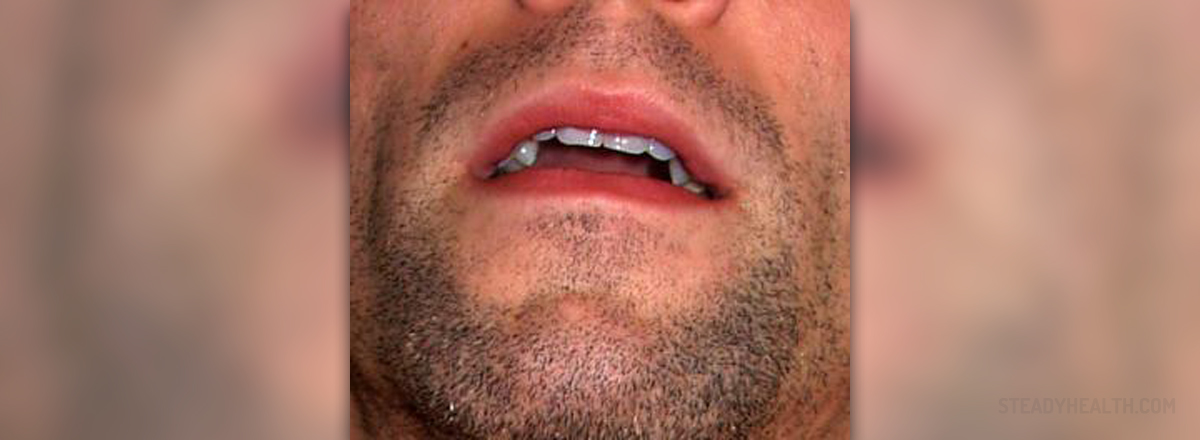
Introduction to mouth breathing problems
Mouth breathing may seem to be harmless, but it really is not. Many people believe that it is just a different way to breath and that it is completely benign. Many people believe that there is no difference between getting air by way of the nose or the mouth.
Mouth breathing is actually not healthy at all and can be very dangerous. It reduced the oxygenation of the body, which is the amount of freely available oxygen in the tissues.
Problems
Not only is this oxygenation cut in half, but the other studies have also showed that it can cause many other problems and can result in heart attacks, asthma, epilepsy, complications related to diabetes and many other chronic conditions.
It has been shown that mouth breathing is one of the leading causes of all of these chronic healthy problems.
Even though the problems of mouth breathing are not widely accepted in the medical community, many dentists have noticed the ill effects that mouth breathing has on the teeth and general health of a person.
It has been shown that children who constantly mouth breath will, over time, develop facial and dental abnormalities, such as long, narrow faces and mouths, gummy smiles, gingivitis and crooked teeth.
In addition, people who breath through the mouth usually do not sleep well, which makes them tired during the day and robs them of the concentration that a good night’s sleep can give.
It is also important to note that mouth breathing can lead to other serious conditions and problems as well, most notably sleep apnea.
This is a condition in which a person pauses their breathing or takes very shallow breaths while asleep. These pauses in breathing of a few seconds, or even minutes, can happen in between 5 and 30 times a night and when the person begins to breath again, they usually let out a loud and annoying snorting sound that sounds like they were choking, because in reality, they were, since they were not getting any air into their lungs.
When this occurs, a person also moves from deep sleep into light sleep, because the lack of oxygen and the choking effect wakes them out of their deep sleep, which also leads to insomnia and fatigue as well.
People who breathe through their mouths while sleeping are more likely to develop sleep apnea, and this condition can not only disrupt sleeping, cause the person to be tired, and disrupt the sleep of their partner, but it can also be fatal or lead to other chronic or fatal health problems.


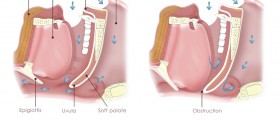
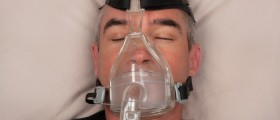
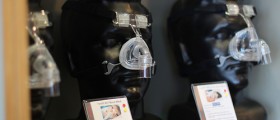

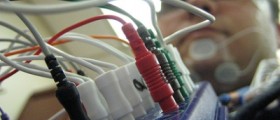



-And-Breathing-Problems_f_280x120.jpg)

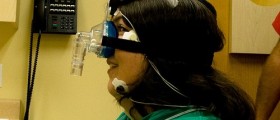
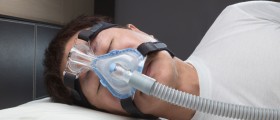
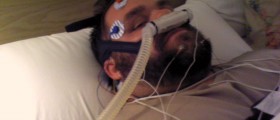


Your thoughts on this
Loading...